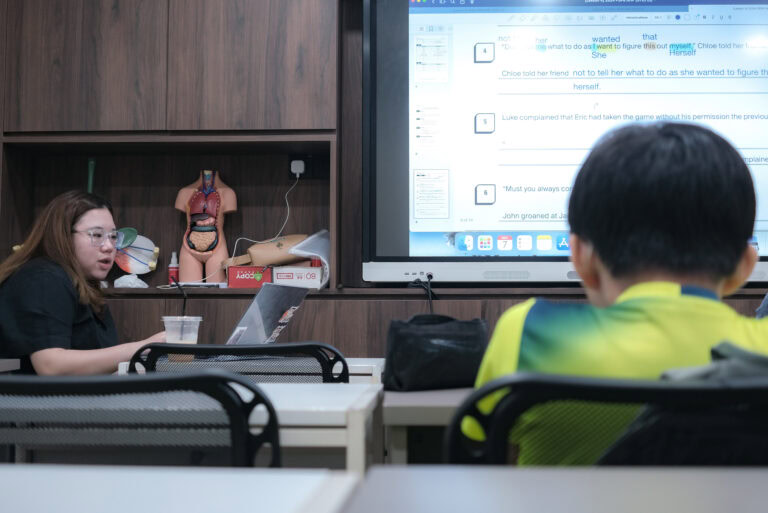The master war tactician, Sun Tzu, famously advised us to “know your enemy” so that “in a hundred perils you will never be in peril”. Although we do not want students to regard examinations as war, the analogy is an apt one. If students prepared themselves by mastering every type of question they might be tested on, they would always excel in any assessment and “never be in peril”.
The truth is that while worthwhile, documenting and categorising questions is an extremely laborious task. The good news, however, is that we have done the heavy lifting for you. We have taken it upon ourselves to trawl through countless examination papers and recorded every single type of question that has been tested.
From 2017 to 2022, we have sorted and recorded slightly over 40 different grammar question types that schools in Singapore have tested their Primary 3 and 4 students. We have even noted down the frequency of which these question types get tested.
There are 5 grammar question types that are always tested in P3 and P4 examinations without fail. They are:
- Tenses
- Reflexive Pronouns
- Demonstratives
- Collective Nouns
- Countable & Uncountable Nouns
For examples and a short masterclass of these 5 grammar question types, please watch:
Tenses are by far the most frequently tested question type. There are also quite a variety of ways Tenses can be tested. To give your child some extra practice, we have given you complimentary access to an abridged version of our P3 & P4 Smart Studying Exam Notes and Practice:
In addition to these commonly tested question types, there are others that are not always tested but still very important to expose your child to. Here are examples of 3 of them:
Question Type 1: None of
2017 P3 SA1 Pei Chun Public School
It was raining heavily last night but luckily, _________________ of the flights was cancelled so it did not affect our vacation.
(1) all
(2) none
(3) most
(4) some
Answer & Explanation: None of is always followed by a singular verb. Because of “was cancelled”, we know that the answer must be “none of the flights”.
2017 P4 SA2 Nanyang Primary School
During last week’s audition, none of my friends _________________ selected for the dance competition.
(1) is
(2) are
(3) was
(4) were
Answer & Explanation: None of is always followed by a singular verb. “None of my friends” should thus be followed by either “is” or “was”. Since the audition happened last week, the verb should be in the past tense and so the answer is “was”.
Question Type 2: Who’s VS Whose
2017 P3 SA2 SCGS
“_________________ idea was it to come here?” Ahmad whined.
(1) Who
(2) Which
(3) Where
(4) Whose
2017 P4 SA2 ACS (Junior)
_________________ shirts are these?
(1) Who
(2) Who’s
(3) Whom
(4) Whose
Answer & Explanation: The above two questions are testing whether students know the difference between “who’s” and “whose”. The former means “who is” and does not fit the two questions. Therefore, the answer is “Whose” for both questions.
Question Type 3: Adverbs of frequency
2017 P3 SA2 Maha Bodhi
Krishna is a responsible boy. He _________________ submits his work on time.
(1) never
(2) rarely
(3) always
(4) sometimes
Answer & Explanation: The 4 options given in this question are examples of adverbs of frequency. In this question, the key word is “responsible”. Since Krishna is a responsible boy, it cannot be the case that he “never”, “rarely” or “sometimes” submits his work on time. The answer must be he “always” submits his work on time.
There are of course many other types of questions for grammar and other sections as well. The purpose of this article was not to provide you with an exhaustive coverage of examinable question types but to show you the importance of what we do — studying exam trends and exposing your child to as many questions as possible.
This is one of our secret sauces to helping our students achieve exam excellence. Your child will definitely learn and benefit from it when he or she experiences learning with us.




